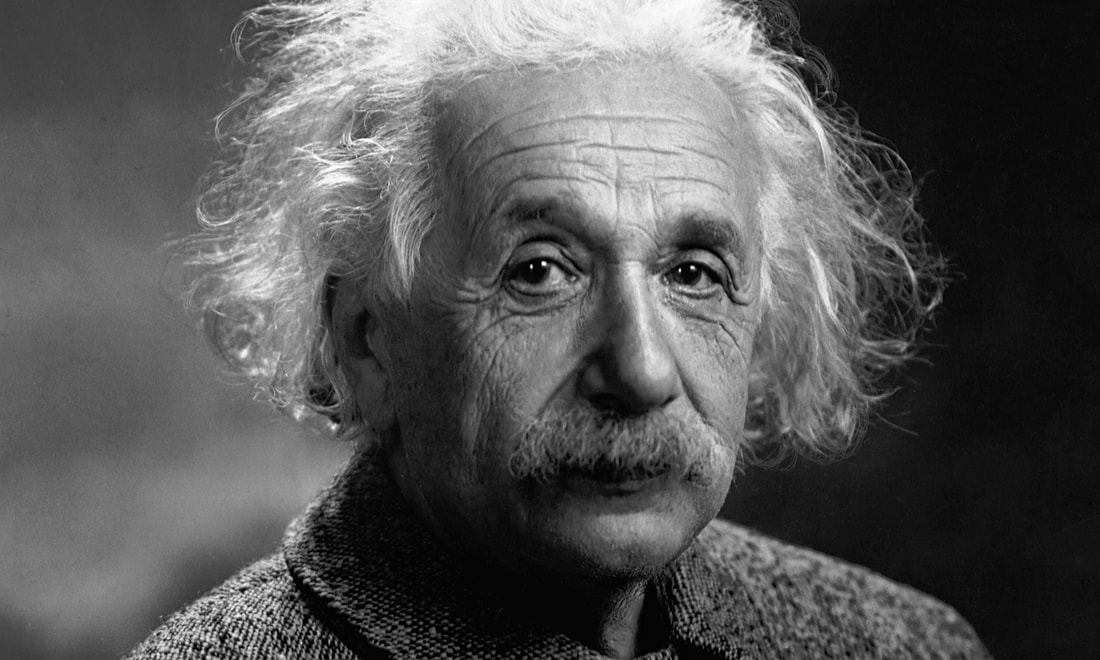King John had many flaws and among these was his lack of respect for those beneath him. He even had sex with the wives of various Nobles throughout the territory because he knew they could do nothing about it. Bad move on his part as this became the final straw causing all these men, in all their territories, to revolt. Think about this though, the commoners wanted to revolt for years but it wasn't until the Nobles were negatively affected that it happened. It’s true what they say: “It’s not a problem until it’s your problem.” The Nobles used their money to build armies although these weren't trained fighters but they too hated the King so they had inspiration to fight.
When the King found out about the rebellion he agreed to sign a Magna Carta with the Nobles stipulating everyone in their regions would be free from English Rule (which meant no more taxes). Once things calmed down and the rebellions stopped, the King got his army together plus some Danish mercenaries, and attempted to annihilate every Noble who signed the Magna Carta thus taking his kingdom back. Apparently when he signed it he had no intention of living up to its terms he just wanted the various regions to disarm so he could go in and clean house and put his own people in place.
King John had the support of the Pope because the Pope wasn't aware of his atrocities, but the Bishop for King John’s region didn't agree with the Pope and instead supported the rebellion. Knowing what they were trying to do was a long shot the Bishop traveled to France. He wanted to convince their King to help the rebellion thus making the King of France also the King of England. This interested him but the problem was getting to England in time to support the rebellion before it was squelched.
King John heard the French might be coming but he didn’t believe they’d want any part of their civil war. He didn’t think the villagers would put up a fight and that he and his army would push right through but the villagers did at least slow King John’s army down and this was exactly what the core of the rebellion needed. The rebel army took over a castle/garrison that was an important location for the protection of England. They built catapults, prepared tar to be poured on the soldiers trying to scale the wall, they forged steel for more swords, they carved more arrows, etc. They were prepared when King John got there.
This particular location was the spot King John had to have control of as it was the supply line for all military operations from London and the southern territories. He underestimated the talent that was on the other side of the wall and the military armory they had. Besides having several military generals participating in the fight a lot of fighters fought in the Holy War (Great Crusade), so they knew what they were doing. Almost more importantly they had three Knights Templar fighting for the rebellion. These Knights grew up in a monastery where besides religious training they were also taught to be warriors for the Pope. These three knights might not seem like enough to make a big difference but they were instrumental in logistics, military tactics, training, and of course their specialty…fighting.
King John’s army and Danish mercenaries made several attempts to break into the garrison but they ended up capturing part of it but couldn't break into the other side where the remaining fighters were poised to take them on again. King John was furious that the battle had gone on so long but he was willing to wait for the people in the garrison to starve to death or surrender. Surrendering wasn’t a good option as King John had a technique he liked to use where the hands and feet were cut off the victim then hung and these people were aware of it.
King John didn’t get the chance to starve the rebels out as over the hill came the French Army just in time to save the people in the garrison and villagers throughout the country. They ran King John off and continued to help the rebellion (civil war), until it was officially over. King John didn’t fare well as he died of dysentery on his way back to his castle and King Henry III took over as King up until France claimed the crown. England and France went back and forth like this for decades.
This is a great example of the heart being mightier than the sword. Think how scary it must have been for villagers to take on the Royal Army but they stepped up and did it; I’d like to think I’d be this brave. King John inspired his kingdom to take up arms against him when he could have just as easily gained their respect and want to serve him; a good lesson for all leaders to take care of your people because they can make or break you. In this case the Rebels accomplished their goal and held the fort!

 RSS Feed
RSS Feed